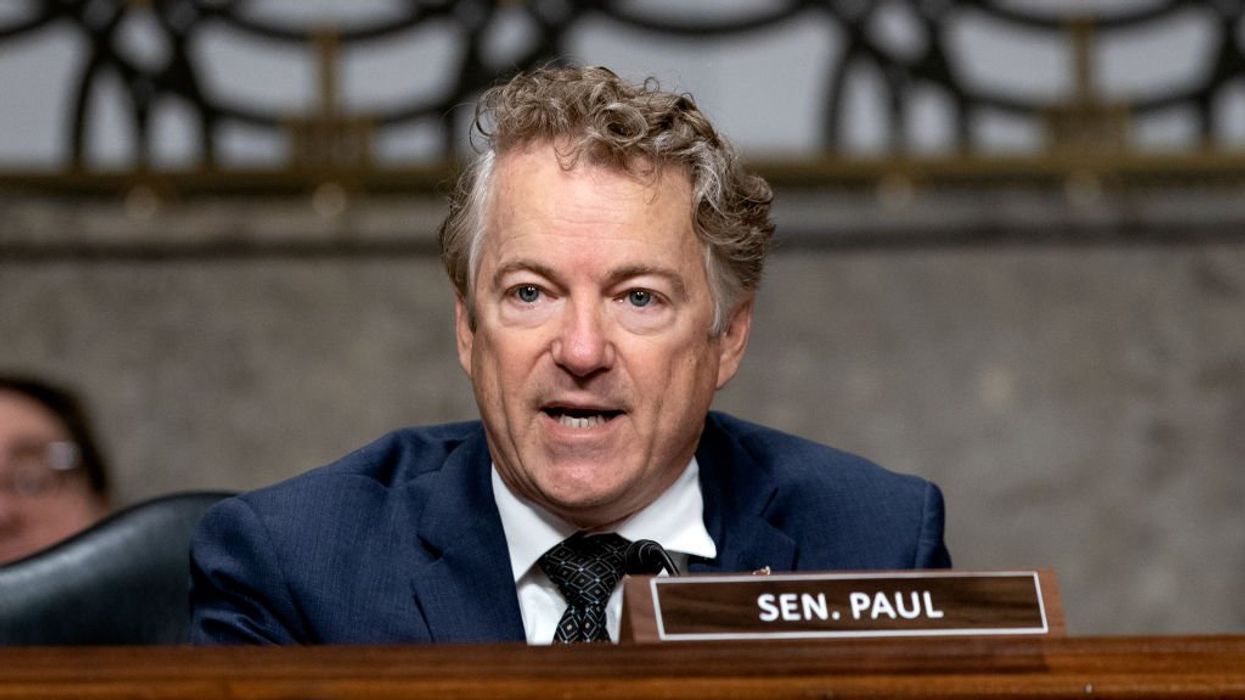Ezekiel Emanuel, one of the architects behind Obamacare, is now claiming that “insurance companies as we know them are about to die.” Critics of President Barack Obama’s signature health care law have long alleged that one of the real goals of the law was to put private insurance companies out of business.
“The good news is you won’t have insurance companies to kick around much longer. The system is changing,” Emanuel writes in an op-ed on New Republic. “As a result, insurance companies as they are now will be going away. Indeed, they are already evolving. For the next few years insurance companies will both continue to provide services to employers and, increasingly, compete against each other in the health insurance exchanges.”
Due to Obamacare, “new actors will force insurance companies to evolve or become extinct,” he continues. Instead, new groups called “accountable care organizations” (ACOs) must start competing directly in the health care exchanges for exclusive contracts with employers.
 In this March 11, 2009 photo, Dr. Ezekiel J. Emanuel, special advisor for health care at the Office of Management and Budget, speaks at the American Medical Association's annual conference at the Grand Hyatt Hotel in Washington, Ezekiel J. Emanuel values intelligence, but don't accuse him of Harvard-itis. He'll tell you an Ivy League degree doesn't prove anyone's worth. (AP Photo/J. Scott Applewhite)
In this March 11, 2009 photo, Dr. Ezekiel J. Emanuel, special advisor for health care at the Office of Management and Budget, speaks at the American Medical Association's annual conference at the Grand Hyatt Hotel in Washington, Ezekiel J. Emanuel values intelligence, but don't accuse him of Harvard-itis. He'll tell you an Ivy League degree doesn't prove anyone's worth. (AP Photo/J. Scott Applewhite)
The ACOs will have "standardized, guideline-driven care plans for most major conditions and procedures to increase efficiency," says Emanuel, the brother of Obama's former chief of staff and current Chicago Mayor Rahm Emanuel.
“They will have figured out how to harness their electronic medical records to better identify patients who will become sick and how to intervene early as well as how to care for the well-identified chronically ill so as to reduce costs,” he notes.
More from the New Republic op-ed:
The key skill these ACOs and hospital systems lack—the skill insurance companies specialize in—is the actuarial capacity to predict and manage financial risk. But over the next decade this is something they will develop—or purchase. After all, actuarial science is not rocket science, even if it involves a lot of mathematical equations. And with that skill, ACOs and hospital systems will become integrated delivery systems like Kaiser or Group Health of Puget Sound. Then they will cut out the insurance company middle man—and keep the insurance company profits for themselves. Therefore, increasingly these ACOs and hospital systems will transform themselves into integrated delivery systems, entering insurance exchanges and negotiating with employers, in direct competition with insurance companies.
As the ACOs become more established, Emanuel claims contracts between the health systems and employers will become more common, thus “cutting out the insurance companies.”
Once the health systems “make the jump to offering coverage in the exchanges, the health insurance companies will only have a few options if they want to survive, according to Emanuel.
“First, they can refuse to change, in which case they will eventually go out of business,” he writes. “Second, they can shift their business to focus on offering services they have expertise in, particularly analytics, actuarial modeling, risk management, and other management services.”
Finally, the “third evolutionary path is that health insurance companies may transform themselves into integrated delivery systems.”
“So be prepared to kiss your insurance company good-bye forever,” Emanuel concludes.
Read the entire article here.
--
Programming note: Is this the end of health insurance as we know it? Glenn Beck and his producers debated the impact of this story in Tuesday's morning editorial meeting. Watch it tonight at 5pm ET on TheBlaze TV.




